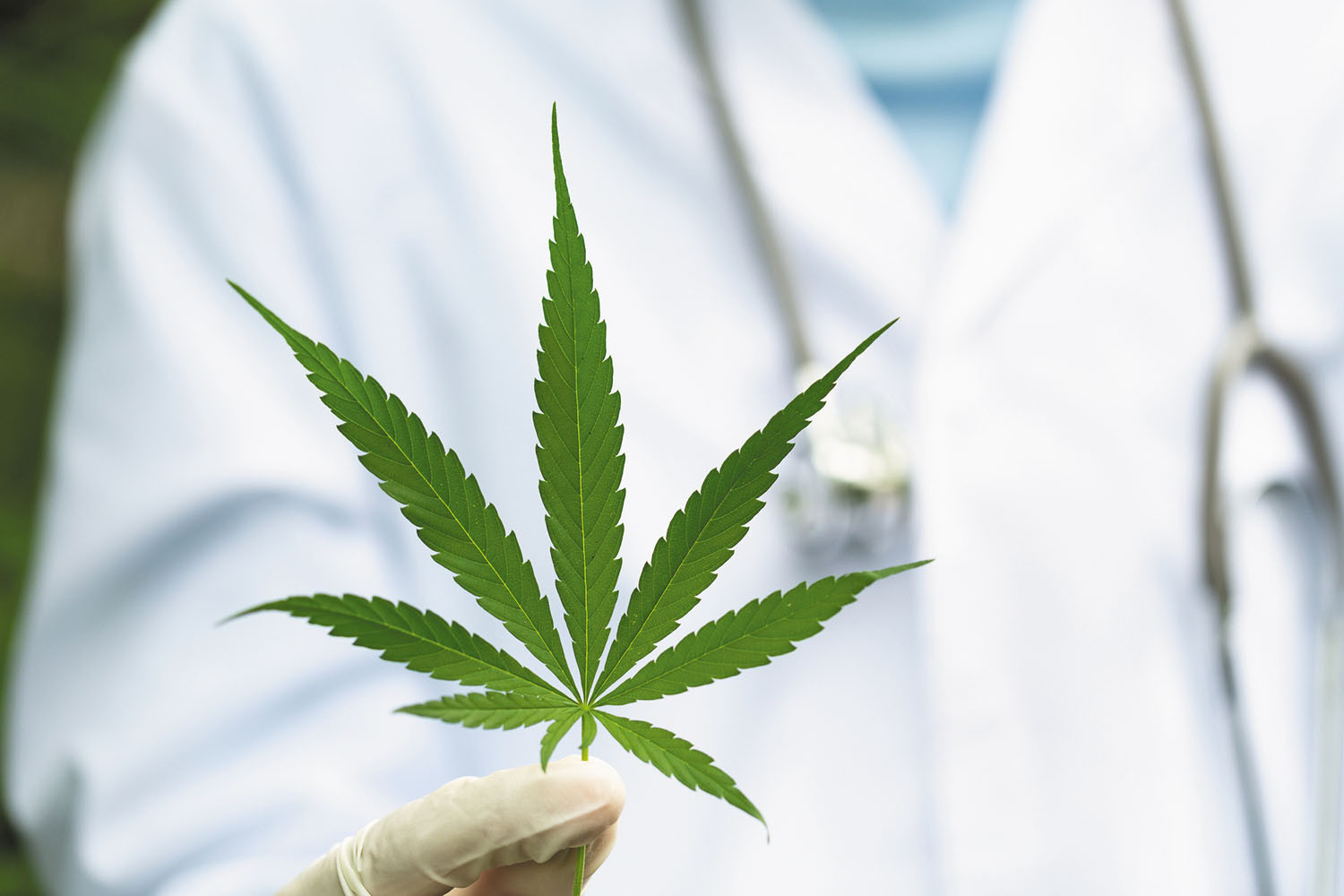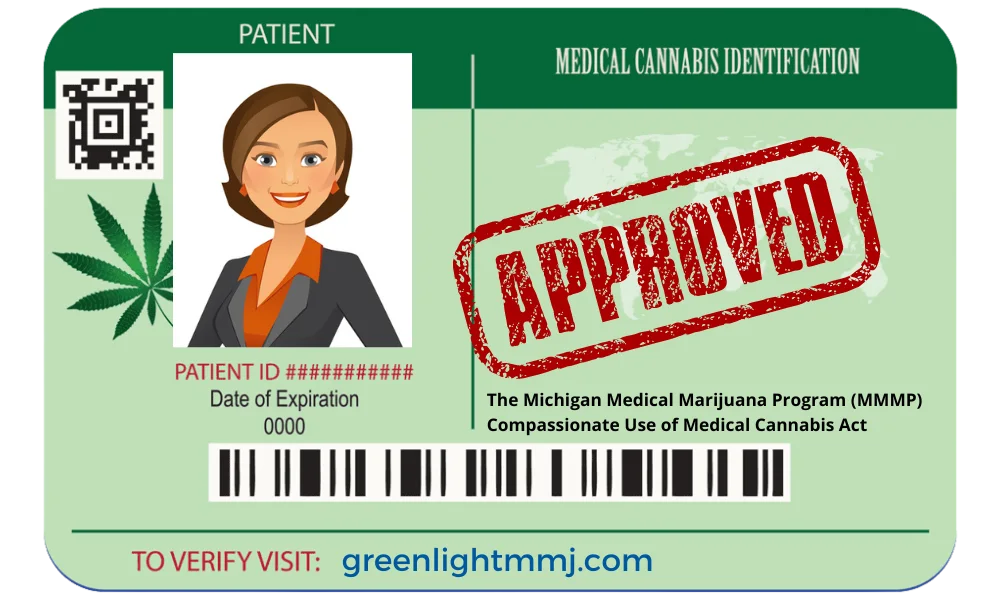Steps to Protect Your Medical Cannabis Card for Optimal Health Benefits
Steps to Protect Your Medical Cannabis Card for Optimal Health Benefits
Blog Article
Shedding Light on What Medical Marijuana Can Treat: a Comprehensive Evaluation of Its Restorative Features
In recent years, there has actually been an expanding interest in the healing possibility of clinical cannabis. While anecdotal proof is plentiful, a thorough examination of the scientific information pertaining to the performance of medical cannabis in dealing with these problems is necessitated.
Chronic Pain Monitoring
Persistent pain administration remains an important aspect of healthcare, demanding a thorough strategy for efficient treatment. Recently, clinical marijuana has become a prospective healing option for people enduring from chronic discomfort problems. The endocannabinoid system, which plays a vital duty suffering modulation, has been targeted by cannabis-based treatments to enhance and ease symptoms top quality of life for clients.

Furthermore, clinical marijuana supplies a promising choice for patients that experience excruciating adverse effects from standard pain medicines. Its capacity to attend to pain with a different mechanism makes it an important addition to the arsenal of therapies offered for chronic pain monitoring.
Epilepsy Treatment Possible
Clinical marijuana has shown encouraging potential in the therapy of epilepsy, offering an unique therapeutic approach for taking care of seizures in people. Epilepsy is a neurological disorder characterized by recurring seizures, impacting individuals of every ages. Typical therapies for epilepsy include antiepileptic medicines, however these medications might not work for all clients and can have significant side impacts.
Research study on using medical marijuana for epilepsy has actually revealed encouraging results. Cannabidiol (CBD), a non-psychoactive substance discovered in marijuana, has actually been especially highlighted for its anticonvulsant properties. Researches have shown that CBD can decrease the regularity and extent of seizures in clients with treatment-resistant forms of epilepsy, such as Dravet syndrome and Lennox-Gastaut syndrome.
Furthermore, the FDA has authorized a CBD-based drug, Epidiolex, for the therapy of seizures related to these extreme types of epilepsy. This turning point emphasizes the expanding acknowledgment of medical cannabis as a useful therapeutic alternative for taking care of epilepsy and supplies wish for clients that have actually not responded well to conventional therapies.
Nausea Alleviation Advantages
The reduction of queasiness with the use of cannabis has been significantly acknowledged for its therapeutic benefits in numerous clinical conditions. Nausea and vomiting are typical signs and symptoms experienced by clients undergoing radiation treatment, those with stomach problems, and people with persistent discomfort conditions. Clinical marijuana, with its energetic substances such as THC and CBD, has shown promise in providing relief from queasiness.

Furthermore, clinical marijuana supplies a natural choice for individuals who do not react well to standard anti-nausea medications or who experience extreme negative effects from these drugs. Clients undertaking radiation treatment, specifically, have reported substantial enhancements in their lifestyle when making use of cannabis to manage queasiness. As study around remains to grow, medical marijuana is progressively being considered as a valuable option for nausea or vomiting relief in numerous clinical setups.
Stress And Anxiety Reduction Impacts
Research studies have demonstrated the potential of marijuana in lowering anxiousness symptoms with its interaction with the endocannabinoid system. The endocannabinoid system plays an important duty in managing emotions, including anxiety, by preserving homeostasis in the body. Cannabinoids in marijuana, such as THC and CBD, interact with the endocannabinoid receptors in the brain, especially the CB1 and CB2 receptors, to regulate anxiety-related actions.

People with conditions like generalized stress and prima clinic anxiety problem (GAD), social anxiousness problem, and post-traumatic anxiety problem (PTSD) may benefit from the anxiolytic homes of marijuana (Medical Marijuana Doctor Clinton MS). However, further study is required to determine ideal dosages, delivery approaches, and lasting results on stress and anxiety monitoring.
Potential for Swelling Control
With its known anti-inflammatory properties, cannabis has shown guarantee in potentially managing inflammation within the body. Inflammation is the body's all-natural feedback to injury or infection, yet when it becomes chronic, it can contribute to different illness such as arthritis, inflammatory digestive tract illness, and also heart disease. Research study recommends that the cannabinoids located in marijuana, such as THC and CBD, can assist decrease and regulate the immune response inflammation.
Researches have shown that cannabis can engage with the endocannabinoid system, which plays a vital duty in managing inflammation. By targeting the cannabinoid receptors, cannabis compounds can regulate the immune response, resulting in a reduction in swelling degrees. This makes marijuana a potential prospect for handling inflammatory conditions where typical treatments have actually failed.
Additionally, cannabis-derived products like CBD oil have actually obtained popularity for their anti-inflammatory buildings, with several individuals using them as an all-natural solution for conditions connected with inflammation. While even more research study is required to totally recognize the mechanisms behind marijuana's anti-inflammatory results, present findings show encouraging outcomes for the prospective usage of clinical cannabis in managing swelling.
Verdict
In conclusion, clinical marijuana has actually revealed appealing healing residential properties in taking care of chronic pain, dealing with epilepsy, eliminating queasiness, minimizing anxiousness, and controlling inflammation. Its potential benefits in numerous walgreens take care clinic clinical conditions highlight the significance of further research and exploration into its medical usage. The evidence recommends that medical cannabis can be an important choice therapy choice for individuals looking for remedy for a variety of symptoms and conditions.
In current years, clinical marijuana has arised as a potential therapeutic option for people suffering from persistent discomfort problems.Medical cannabis has shown promising possibility in the therapy of epilepsy, providing an unique therapeutic method for taking care of seizures in individuals. As research in this area continues to expand, clinical marijuana is increasingly being taken into consideration as a valuable alternative for nausea or vomiting relief in different medical setups.
In verdict, clinical cannabis has revealed appealing restorative properties in taking care of persistent pain, treating epilepsy, eliminating nausea or vomiting, decreasing stress and anxiety, and controlling inflammation. The evidence suggests that clinical marijuana could be a beneficial alternative therapy choice for clients seeking relief from an array of symptoms and conditions.
Report this page